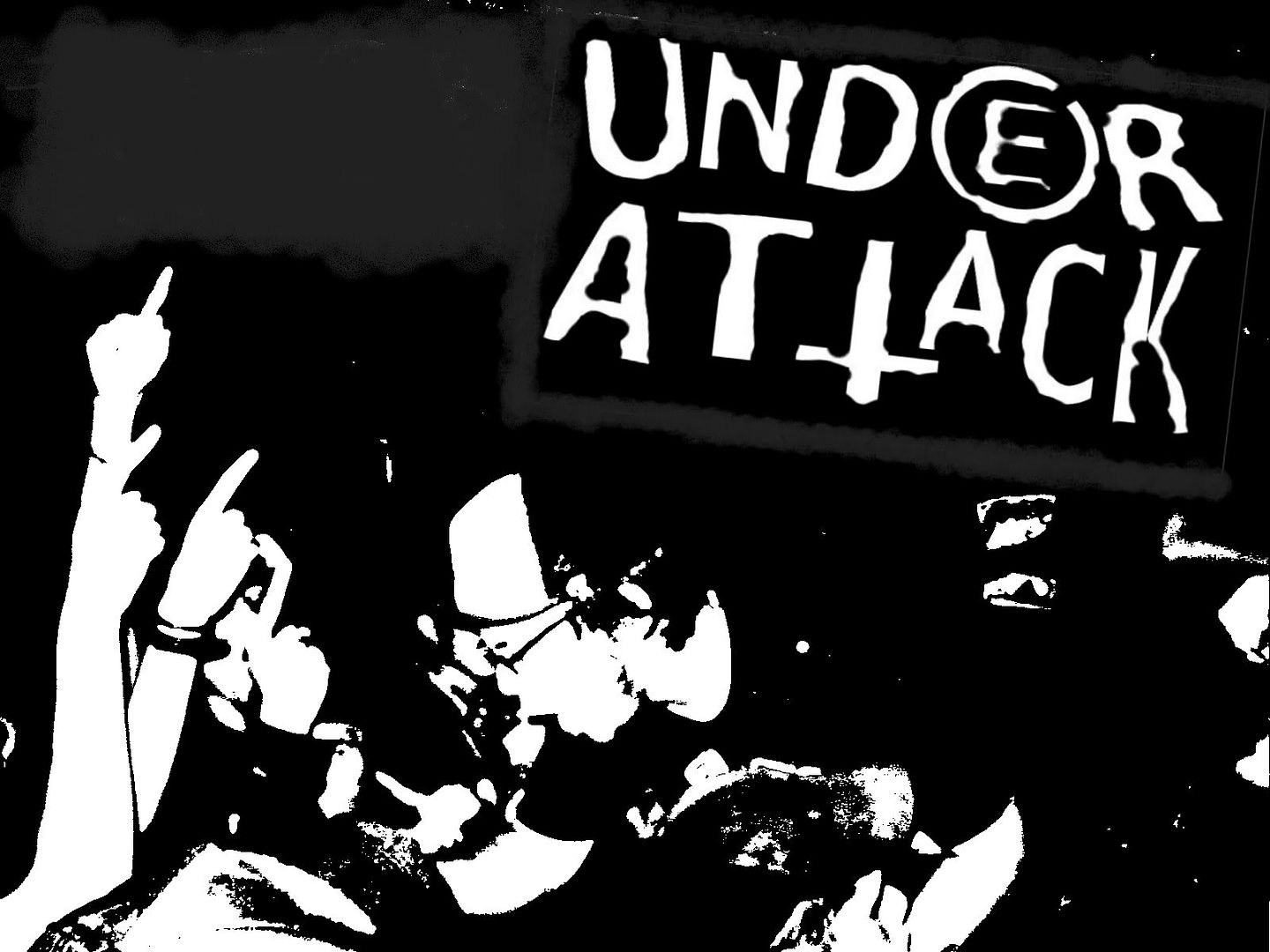
Hackers targeted dozens of computer systems at government agencies across Europe through a flaw in Adobe Systems Inc.'s software, security researchers said on Wednesday, while NATO said it too had been attacked.
The alliance said its systems had not been compromised, although it was sharing the details of the attack with NATO member states and remained vigilant. Security experts say governments and organizations such as NATO are attacked on a daily basis — although the sophistication varies wildly.
These particular attacks appeared both widespread and innovative, the private computer security firms announcing the discovery said, with one expert saying he believed a nation-state might be responsible.
Russia's Kaspersky Lab and Hungary's Laboratory of Cryptography and System Security, or CrySyS, said the targets of the campaign included government computers in the Czech Republic, Ireland, Portugal and Romania.
They also said a think tank, a research institute and a healthcare provider in the United States, a prominent research institute in Hungary and other entities in Belgium and Ukraine were among those targeted by the malicious software, which they have dubbed “MiniDuke.”
The researchers suspect MiniDuke was designed for espionage, but were still trying to figure out the attack's ultimate goal. “This is a unique, fresh and very different type of attack,” said Kurt Baumgartner, a senior security researcher with Kaspersky Lab. “The technical indicators show this is a new type of threat actor that hasn't been reported on before.”
He said he would not speculate on who the hackers might be.
The malware exploited a recently identified security flaw in Adobe's software. Adobe said a software patch issued last week should protect users from “MiniDuke” providing they downloaded it.
Boldizsar Bencsath, a cyber security expert who runs the malware research team at CrySyS, told Reuters that he had reported the incident to NATO, although it was not clear if that was what first alerted the alliance.
Bencsath said he believed a nation-state was behind the attack because of the level of sophistication and the identity of the targets, adding that it was difficult to identify which country was involved.
Exactly how serious the attacks were was not immediately clear, nor who exactly the targets were or at what level European governments were alerted.
The Czech counterintelligence agency BIS said they were not aware of any massive hacking attacks on Czech institutions from abroad recently. The Czech National Security Bureau, responsible for government data, was not immediately available for comment. Neither were officials from other states said to be affected.
A NATO official in Brussels had earlier said the alliance was not directly hit, but he said later that he had been incorrect. He gave no further details.
The researchers, who declined to further elaborate on the targets' identities, released their findings as more than 20,000 security professionals gathered in San Francisco for the annual RSA conference.
Using Adobe, Twitter, Google
MiniDuke attacked by exploiting recently discovered security bugs in Adobe's Reader and Acrobat software, according to the researchers. The attackers sent their targets PDF documents tainted with malware, an approach that hackers have long used to infect personal computers.
The bugs were first identified two weeks ago by Silicon Valley security firm FireEye. The firm reported that hackers were infecting machines by circulating PDFs tainted with malicious software.
The MiniDuke operators used an unusual approach to communicate with infected machines, according to the researchers. The virus was programmed to search for Tweets from specific Twitter accounts that contained instructions for controlling those personal computers. In cases where they could not access those Tweets, the virus ran Google searches to receive its marching orders.
Officials with Twitter and Google could not immediately be reached.
Bencsath said he believed the attackers installed “back doors” at dozens of organizations that would enable them to view information on those systems, then siphon off data they found interesting.
He said researchers had yet to uncover evidence that the operation had moved to the stage where operators had begun to exfiltrate data from their victims.
Privately, many Western government and private sector computer experts say China is the clear leader when it comes to state-sponsored cyberattacks to steal information — although they rarely say so publicly and Beijing angrily denies it.
According to cybersecurity expert Alexander Klimburg at the Austrian Institute for International Affairs, however, the closest attack to this in style was a Trojan dubbed “TinBa” identified two months ago and used for banking fraud attacks. That was suspected to have been built by Russian hackers, he said, talking down the prospect of state involvement.
(CP)
 Total Members: 14197
Total Members: 14197 Latest: Levine
Latest: Levine Total Posts: 43440
Total Posts: 43440 Total Topics: 16532
Total Topics: 16532 Online today: 3066
Online today: 3066 Online ever: 51419
Online ever: 51419 Total Members: 14197
Total Members: 14197 Latest: Levine
Latest: Levine Total Posts: 43440
Total Posts: 43440 Total Topics: 16532
Total Topics: 16532 Online today: 3066
Online today: 3066 Online ever: 51419
Online ever: 51419